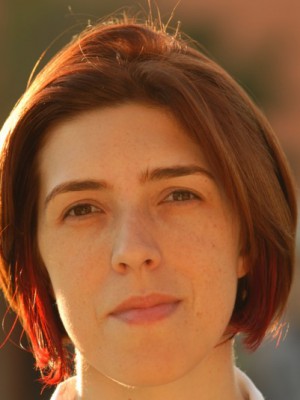abstract
Dendritic cell (DC)-based antitumor vaccines have proven to be a safe approach, but often fail to generate robust results between trials. Translation to the clinic has been hindered in part by the lack of standard operation procedures for vaccines production, namely the definition of optimal culture conditions during ex-vivo DC differentiation. Here we sought to compare the ability of three clinical grade serum-free media, DendriMACS, AIM-V, and X-VIVO 15, alongside with fetal bovine serum-supplemented Roswell Park Memorial Institute Medium (RPMI), to support the differentiation of monocyte-derived DCs (Mo-DCs). Under these different culture conditions, phenotype, cell metabolomic profiles, response to maturation stimuli, cytokines production, allogenic T cell stimulatory capacity, as well as priming of antigen-specific CD8(+) T cells and activation of autologous natural killer (NK) cells were analyzed. Immature Mo-DCs differentiated in AIM-V or X-VIVO 15 presented lower levels of CD1c, CD1a, and higher expression of CD11c, when compared to cells obtained with DendriMACS. Upon stimulation, only AIM-V or X-VIVO 15 DCs acquired a full mature phenotype, which supports their enhanced capacity to polarize T helper cell type 1 subset, to prime antigen-specific CD8(+) T cells and to activate NK cells. CD8(+) T cells and NK cells resulting from co-culture with AIM-V or X-VIVO 15 DCs also showed superior cytolytic activity. 1H nuclear magnetic resonance-based metabolomic analysis revealed that superior DC immunostimulatory capacities correlate with an enhanced catabolism of amino acids and glucose. Overall, our data highlight the impact of critically defining the culture medium used in the production of DCs for clinical application in cancer immunotherapy. Moreover, the manipulation of metabolic state during differentiation could be envisaged as a strategy to enhance desired cell characteristics.
subject category
Immunology
authors
Calmeiro, J; Mendes, L; Duarte, IF; Leitao, C; Tavares, AR; Ferreira, DA; Gomes, C; Serra, J; Falcao, A; Cruz, MT; Carrascal, MA; Neves, BM
our authors
Projects
CICECO - Aveiro Institute of Materials (UIDB/50011/2020)
acknowledgements
This work was developed within the scope of iBiMED (UIDB/04501/2020) and CICECO-Aveiro Institute of Materials (UIDB/50011/2020 & UIDP/50011/2020), financed by national funds through the Foundation for Science and Technology (FCT). Funding was received from the project ImmunoDCs@ CancerStemCells: Cellular Immunotherapy toward the elimination of cancer stem cells (Ref.: POCI-01-0247-FEDER-033532), co-funded by the European Regional Development Fund (FEDER), Competitiveness and Internationalization Operational Program (COMPETE2020) and Own Revenues of the University of Coimbra. Joao Calmeiro and Lui's Mendes are supported by the FCT through individual PhD fellowships (PD/BDE/135076/2017; PD/BD/147220/2019). The NMR spectrometer is part of the National NMR Network (PTNMR), partially supported by Infrastructure Project No 022161 (co-financed by FEDER through COMPETE 2020, POCI and PORL and FCT through PIDDAC).


